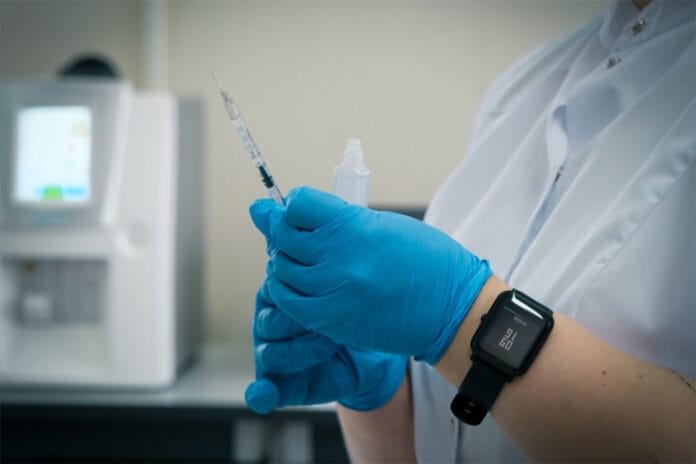Moscow, Russia – In an era where cancer remains a formidable global health challenge, Russia has announced a revolutionary breakthrough: a personalized mRNA-based cancer vaccine poised to redefine cancer treatment paradigms. According to the Russian Ministry of Health, the vaccine, developed by the Radiology Medical Research Center, will be made available free of cost to Russian citizens starting in early 2025. This innovative treatment has already demonstrated remarkable efficacy in preclinical trials, with some cases showing significant tumor response within 48 hours.
A Bespoke Approach to Cancer Treatment
One of the standout features of the Russian cancer vaccine is its customized design, tailored to the specific tumor profile of each patient. The process begins with the extraction and analysis of tumor cells from the patient. Scientists then sequence the tumor’s genetic material to identify unique protein markers, which are subsequently used to craft a personalized mRNA vaccine.
The vaccine operates by instructing the patient’s immune system to produce specialized T-cells, which aggressively target and eliminate cancer cells. This process not only combats the immediate tumor but also trains the immune system to recognize and attack similar cells in the future, thereby significantly reducing the risk of recurrence.
Accelerated Impact: 48-Hour Tumor Response
Preclinical trials have yielded extraordinary results. According to the Radiology Medical Research Center, tumors showed an 80% reduction in growth rate, with significant visible impacts observed in under two days in cases of brain cancer. This rapid response underscores the vaccine’s potential to address aggressive cancer types, offering new hope to patients facing life-threatening diagnoses.
Economic Accessibility and Global Prospects
While the vaccine’s production cost is estimated at approximately ₹2.5 lakh (around $3,000 USD), the Russian government has committed to providing it free of charge to its citizens. However, details regarding its availability in other countries remain unclear. During a recent interview on Russian state radio, General Director Andrey Kaprin hinted at international partnerships but refrained from offering specific timelines.
Complementary Innovations: Oncolytic Virotherapy
In parallel with the mRNA vaccine, Russian researchers have also been exploring oncolytic virotherapy, a novel approach that leverages genetically modified viruses to infect and destroy cancer cells. These viruses replicate within the cancerous cells, ultimately leading to their destruction. Unlike conventional methods that directly target tumors, this therapy activates the immune system, enabling it to fight cancer more effectively.
The oncolytic virotherapy project has culminated in the development of a vaccine named Enteromix, which has reportedly completed its research cycle. Its official launch is anticipated soon, potentially offering an additional weapon in the fight against cancer.
Implications for Global Health
This breakthrough represents a significant leap forward in oncology, particularly for personalized medicine. The Russian health authorities envision the vaccine as a cornerstone of a broader strategy to combat cancer, reducing mortality rates and improving patient outcomes. However, the challenge of scaling production and ensuring equitable access for international populations remains a formidable hurdle.
As the world awaits further updates, Russia’s pioneering efforts in cancer immunotherapy signal a new chapter in the relentless battle against one of humanity’s deadliest diseases.
















